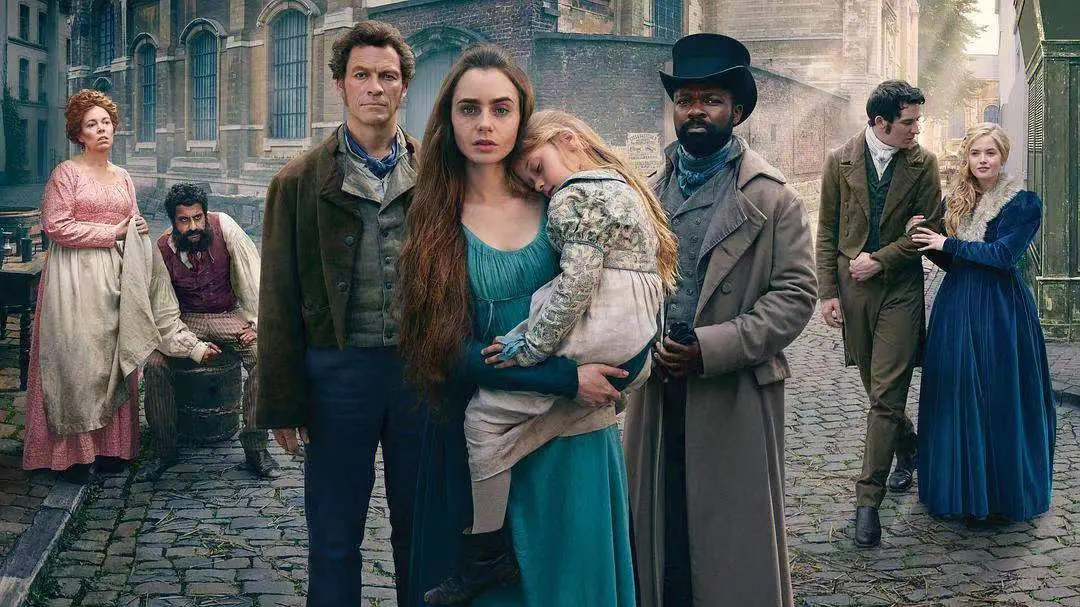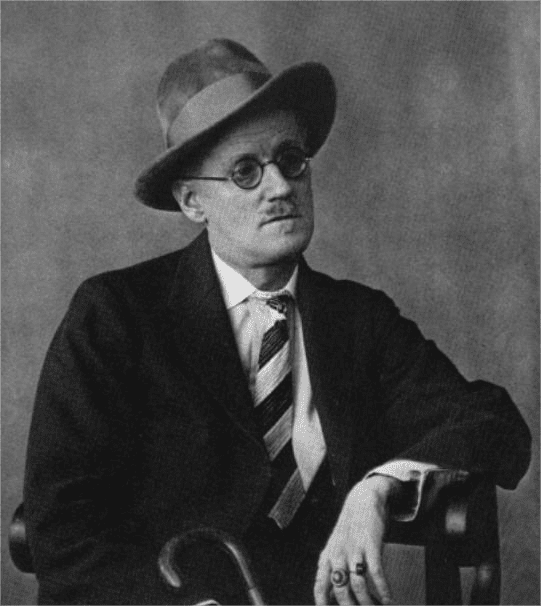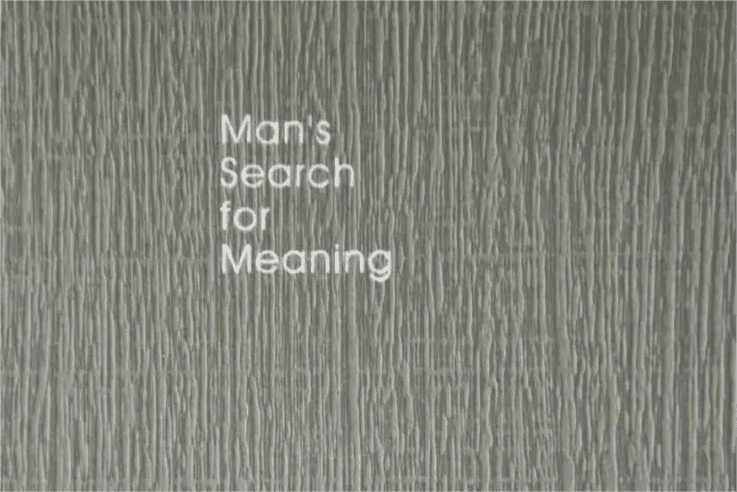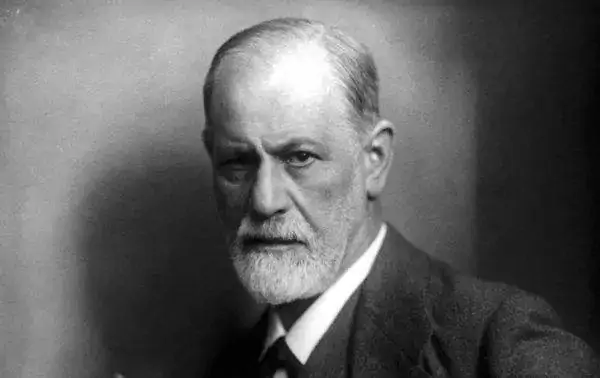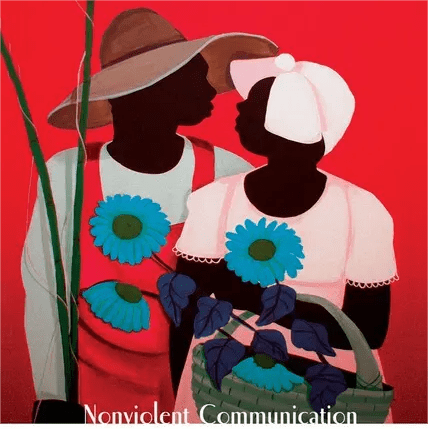As long as the social punishment imposed by law and custom persists, artificial hell is created in the heyday of civilization, and artificial bad luck is added to the divine destiny; So long as the three great problems of this century — men degraded by poverty, women degraded by hunger, and children degraded by ignorance — remain unsolved; As long as there are regions of social suffocation, in other words, as long as there is ignorance and poverty on the planet in a larger sense, works like this cannot be unhelpful.
Les Misérables is a grand novel of romanticism and realism published by French writer Victor Hugo in 1862. Hugo incubated this work for twenty years, from the early 1830s, in 1845, until the publication of 1862, before and after more than thirty years.
This was an eventful period in France, with many revolutions, and the vicissitusions of power between kingship and republic, which are described in detail in the book. And in Les Misérables, what the author most wants to express to us, as he says in the preface, are the three great problems of this century — men sunk by poverty, women by hunger, and children by ignorance.
There are many historical events and social phenomena involved in the story, and there are nearly a hundred characters. The main group of characters is the suffering people at the bottom of the French society. Through the description of them, the author achieves two intentions: telling stories and attacking the society. The plot twists and turns in the book, and the whole story revolves around the central character, Jean Vajean.
As I read the story, I always thought that the author was telling us the amazing legend of Jean Vadjan, but the main purpose was much more than that. Compared with the ruthless judgment of the social phenomena of the time, the story of Jean Vadjan naturally played a perfect role in rendering and setting off.
“Les Misérables”, there are many shocking places. I think in the author’s pen, individual life, no matter how unfortunate, has become micro, but the grand social environment, background, the whole social farce has been clearly presented, which makes us wonder, and then fall into meditation.
Several times in the book interludes detailed descriptions of French history, revolution, war, such as Napoleon’s Waterloo campaign, people’s uprising, civil war, as well as social structures, structures, such as monasteries, courts, churches, prisons, blocks and sewers, political gangs, power struggles, theft gangs, homeless children, convicts, thieves and other social phenomena, All of them are described in detail. All these show us a visual, three-dimensional, huge, intricate, shocking and tragic world.
In this world, individuals become so small, humble, they are God, fate, social laws and customs constantly tease people, their ignorance and poverty seem to be born, there is no way to get rid of. Be content with the status quo, and do nothing to others. A heart of stone and a cold heart.
In this world, people cannot breathe freely, and the whole society is trapped in a suffocating sickness. The social punishment imposed by law and custom is aimed only at the already miserable populace, driving them further and further into ignorance and misery.
But, in spite of this, there is still goodness and justice in society. In such a cruel reality, the book still struggles to express the unremitting struggle between human beings and evil. When the suffocating social phenomenon becomes more serious, even the traditional pedantic workers will rise up against it. Jean Vajean is a typical representative of the workers.
Society is big, individual is small. But the story has to be told by someone before it becomes fleshly and humanitarianism can be powerfully spread. Here is a little insight into the tragic lives of the author’s characters.
Men are sunk by poverty.
Jean Vayjean is a humble figure at the bottom of society, was an honest tree-trimmer, no parents, no home of his own, has been helping his impoverished sister to raise seven poor children. Stealing a loaf of bread for the children out of hunger, a petty crime, was sentenced to five years of hard labor in the vicious society of those days.
During his time in prison, Jean Vajean escaped four times, unsuccessfully, and his sentence was dramatically increased from five years to 19 years. So, when he was finally released on parole, the convict’s guilt was forever attached to him. Not only did he do the same hard work for half the pay, but there was no room for him even to stay in a hotel.
Nineteen years of hard labor had been enough to make him doubt everything, and he had suffered so much misfortune that he had come to associate himself with sin, as if there were nothing but sin in the world for him. As a result, when he was accepted by the bishop and felt the bishop’s kindness and fraternity, he finally stole the bishop’s silver cutlery after he didn’t need to spend a night there. Instead, the bishop generously gave him salvation, he felt unprecedented confusion and hesitation.
Jean Vajean, my brother, from now on, you will no longer belong to evil, but to good. I am redeeming your soul, I am redeeming it from the dark and depraved thoughts, and giving it back to God.
Since then, Jean Valjean’s personality has miraculously changed, leading a life that would have been impossible before he met the Bishop.
In the chaotic old society described in the book, thieving gangs were rampant. They were brave in their own circles and did whatever they wanted, adding luster to the backwardness and chaos of the whole society.
In particular, the author shows us the greedy and murderous nature of a kind of evil people, especially the scum Tynadier who has done all kinds of bad things. This culminated in the persecution of Jean Vajean, which they had conspired together and acted upon.
Of course, what they do is repulsive, but they are merely the tools with which the author shows us what society looks like, and it is the ugliness of the whole that creates the ugliness of the individual. At the end of the story, all of them were brought to justice and deserved their crimes, but the root of their crimes still cannot escape the backwardness, injustice and personal incompetence and poverty.
Women are corrupted by hunger.
Fantine, beautiful, gentle, and generous, had stepped into the mire at a delicate age, through the wrong friends, and out of wedlock, long before the man had left her. After that, step by step wrong, wrong. After confusingly entrusting her daughter to the greedy and despicable Tynadiers, whom she met only once, she went to work to earn money to support her daughter. Later, there are too many changes, in order to pay for her daughter’s growing life, step by step into prostitution.
In the end, although Fantine was saved by Madeleine, but finally due to a serious illness, holding the regret of not seeing her daughter quietly died.
Fantine had lived a sad, sad, pitiful life. She was born in the wrong era, and the traditional environment at the same time made her too weak to take care of their own minimum capital and ability.
When the Tynadiers were bourgeois, their two daughters were spoiled in every way, and when they became increasingly destitute and fell into the lower classes of society, engaging in theft and fraud, they did not hesitate, as they should, to drag their daughters down with them.
Thus, the two young girls in the flower season, in this way, in the edification of the environment and family changes gradually become shrew, thief, beggar and prostitute complex.
They should be lively, kind and brave, but the society does not give them a healthy environment to grow up. They were not just born in the wrong era, they were born into the wrong family.
Children wither from ignorance.
Parisian social streets, everywhere without shirts, feet without shoes, head without tiles, like flies in the sky have nothing, innocent children, they flock, wandering in the streets, very happy every day.
When I read this text in the book, my heart is sad beyond words. Social poverty and people’s ignorance make so many children homeless. They are young and ignorant, thin body, with the day as the cover of the ground as a mat, not enough to eat, not warm clothes, they are very lovely, but become a little beggar.
These little beggars, from different families, have the same fate, they are all outcasts of fate. Like the son of Tynadier, bright and clever, with both parents, but abandoned early. Countless other waifs like him were outcasts of society, if not their parents.
Give a man what is useless and take away what is necessary, and there is a waif.


